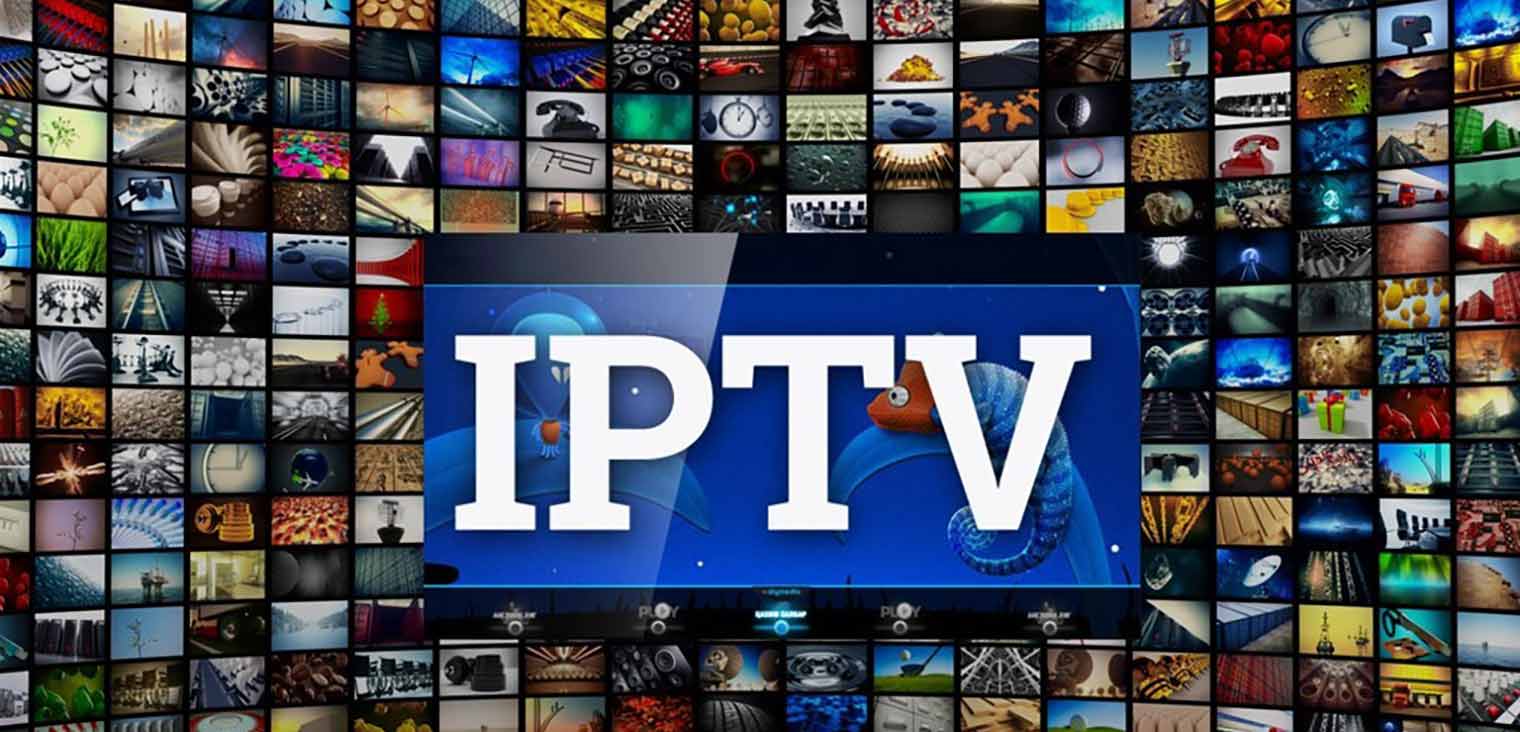The way people consume television and video content has changed dramatically over the past decade. Internet Protocol Television, or IPTV, has emerged as a modern solution that provides seamless streaming, on-demand content, and flexible entertainment options. Unlike traditional broadcasting methods, IPTV delivers media through internet networks, allowing viewers to enjoy a personalized experience tailored to their preferences. With its growing popularity worldwide, IPTV is reshaping how audiences interact with media, making entertainment more convenient, diverse, and accessible than ever before.
Understanding IPTV
IPTV stands for Internet Protocol Television, a system that delivers television content over internet networks rather than traditional terrestrial, satellite, or cable formats. This technology relies on broadband connections to transmit live TV channels, movies, series, and other multimedia content directly to users’ devices. IPTV allows viewers to access a wide range of entertainment options without the limitations of traditional broadcasting schedules.
Unlike conventional TV, which relies on fixed transmission schedules, IPTV is designed for flexibility. Users can watch content when they want, pause live shows, rewind programs, and explore on-demand libraries. This interactive nature has made IPTV an increasingly preferred choice for consumers who seek control over their viewing experiences.
Advantages of IPTV
IPTV offers several advantages that enhance the overall entertainment experience. These benefits make it appealing to both casual viewers and avid media consumers.
On-Demand Content
One of the most significant advantages of IPTV is access to on-demand content. Viewers can select movies, series, documentaries, and live events at their convenience. This feature eliminates the need to adhere to broadcast schedules and allows users to create their own entertainment routines.
Seamless Streaming
IPTV provides high-quality streaming, often in HD or even 4K resolution, depending on the service and network speed. Smooth streaming ensures minimal buffering, allowing users to enjoy uninterrupted content on their preferred devices.
Flexibility and Device Compatibility
IPTV is compatible with a wide range of devices, including smart TVs, smartphones, tablets, and computers. This flexibility enables users to enjoy entertainment at home, on the go, or even during travel. Many IPTV services also support multiple devices simultaneously, making it convenient for households with diverse viewing preferences.
Interactive Features
Interactive features set IPTV apart from traditional television. Users can pause, rewind, or fast-forward content, explore program guides, record shows, and receive recommendations based on viewing habits. These options create a personalized experience that enhances engagement and satisfaction.
Wide Range of Content
IPTV offers access to a broad spectrum of channels and content from around the world. This includes news, sports, entertainment, lifestyle, educational programs, and international channels, catering to a diverse audience with varied interests.
Types of IPTV Services
IPTV services can be categorized into several types based on how content is delivered and consumed. Understanding these types helps users select the service that best suits their needs.
Live IPTV
Live IPTV streams television channels in real time, similar to traditional TV broadcasts. This service is ideal for sports events, news, or live shows that viewers want to watch as they happen.
Time-Shifted IPTV
Time-shifted IPTV allows viewers to watch previously aired programs at a later time. Features like catch-up TV enable users to watch missed shows without relying on recording devices.
Video on Demand (VOD)
VOD services provide a library of movies, series, documentaries, and other video content that users can access at any time. VOD eliminates the limitations of scheduled programming and allows viewers to explore content freely.
Near Video on Demand (nVOD)
nVOD delivers scheduled content with minor time shifts, offering multiple viewing slots for popular programs. This ensures that viewers can access content at convenient times without missing out on live broadcasts.
How IPTV Works
IPTV relies on internet protocols to deliver content to users. The system typically involves several components:
- Content Source: Television channels, movies, or series are encoded into digital format.
- IPTV Server: The server stores, manages, and streams the content to users over the internet.
- Broadband Connection: High-speed internet is required for seamless streaming and high-quality video.
- User Device: Content is received and displayed on compatible devices using IPTV applications or set-top boxes.
The process is efficient and allows for adaptive streaming, adjusting video quality based on available bandwidth to minimize buffering and maintain a smooth viewing experience.
Benefits for Households and Users
IPTV provides significant benefits for households and individual users, improving both convenience and entertainment quality.
Cost-Effective Entertainment
Compared to traditional cable or satellite subscriptions, IPTV services often offer more competitive pricing. Bundled options, flexible subscription plans, and access to international channels make IPTV a cost-effective alternative.
Customizable Viewing Experience
IPTV enables users to personalize their entertainment experience. Whether creating favorite lists, selecting preferred genres, or setting parental controls, viewers can tailor the service to their specific needs.
Multi-Screen Access
Modern households often have multiple devices, and IPTV supports simultaneous streaming across several screens. This ensures that family members with different interests can enjoy entertainment without conflicts.
Global Content Access
IPTV breaks geographical barriers by providing access to international channels and content. Users can explore foreign programs, news, and sports events, broadening their entertainment choices and cultural exposure.
IPTV in the Sports and Entertainment Industry
IPTV has revolutionized sports and entertainment consumption. Live streaming of sports events allows fans to watch matches in real time, often with interactive features such as multiple camera angles, instant replays, and real-time statistics.
In the entertainment industry, IPTV has enabled content providers to reach global audiences quickly and efficiently. The flexibility to offer on-demand movies and series enhances viewer engagement and supports subscription-based business models for media companies.
Challenges and Considerations
While IPTV offers numerous benefits, there are some challenges to consider. High-quality streaming requires a stable, high-speed internet connection. Users in areas with limited bandwidth may experience buffering or lower resolution.
Additionally, choosing a reliable IPTV service provider is crucial to ensure security, legality, and access to authorized content. Users should verify subscriptions and avoid unauthorized platforms to prevent disruptions and legal issues.
Future Trends in IPTV
The future of IPTV is promising, with ongoing technological advancements enhancing the streaming experience. Artificial intelligence and machine learning are being integrated into IPTV platforms to provide personalized recommendations, predictive content delivery, and improved user interfaces.
Virtual reality (VR) and augmented reality (AR) technologies are also being explored to create immersive viewing experiences. As broadband networks expand and internet speeds increase, IPTV will continue to grow as a dominant medium for delivering entertainment.
IPTV for Businesses and Educational Purposes
Beyond households, IPTV has applications in businesses and education. Corporate offices use IPTV for internal communications, training, and live event broadcasting. Educational institutions utilize IPTV to deliver lectures, tutorials, and interactive learning materials, allowing students to access content anytime, anywhere.
These applications demonstrate IPTV’s versatility beyond traditional entertainment, highlighting its role as a powerful tool for information dissemination and engagement.
Tips for Maximizing IPTV Experience
To fully enjoy IPTV, users should consider the following tips:
- Ensure High-Speed Internet: Stable broadband connections are essential for smooth streaming and HD content.
- Choose Reliable Service Providers: Opt for authorized IPTV platforms to guarantee legal access and uninterrupted service.
- Explore On-Demand Libraries: Take advantage of VOD services to discover new content and customize viewing preferences.
- Use Compatible Devices: Ensure that devices support IPTV applications and formats for optimal performance.
- Leverage Interactive Features: Use pause, rewind, and recommendation features to enhance engagement and control over content.
Conclusion
IPTV is transforming the way people access and enjoy television and video content. By delivering seamless streaming, on-demand entertainment, and flexible options across multiple devices, IPTV provides a modern solution to traditional media limitations. Its advantages include high-quality viewing, personalized experiences, global content access, and cost-effective subscription plans.
For households, IPTV offers convenience, control, and variety, while businesses and educational institutions benefit from its versatility and scalability. As technology advances, IPTV will continue to innovate, incorporating AI, VR, and AR to create even more immersive and interactive experiences.
With IPTV, viewers are no longer confined to scheduled programming or geographic restrictions. The platform empowers audiences to watch what they want, when they want, and on the device of their choice, making entertainment more engaging, accessible, and tailored to individual lifestyles. IPTV represents the future of television and media consumption, redefining how content is delivered, experienced, and enjoyed around the world.






Leave a Reply